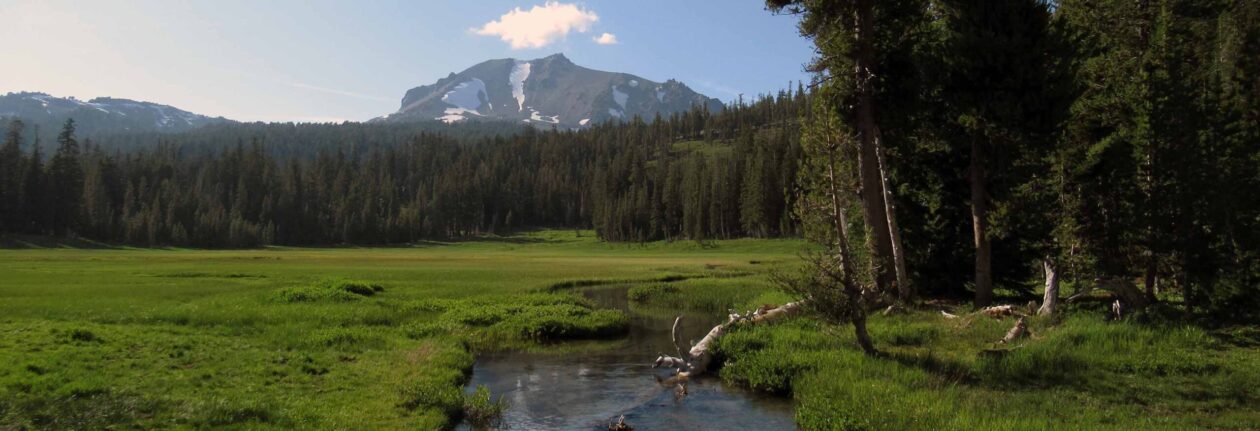Bitola, Macedonia
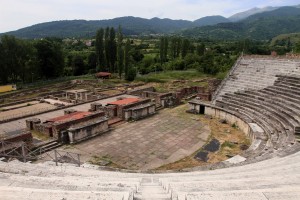
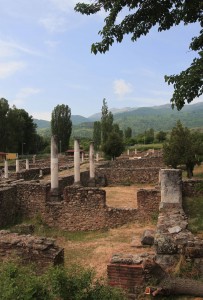
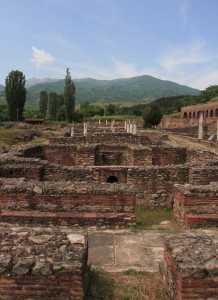
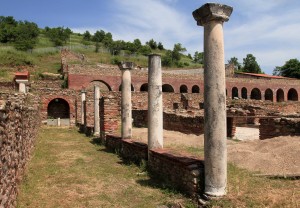
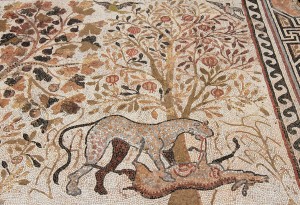
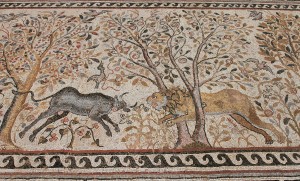
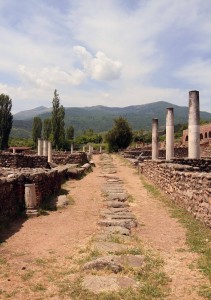
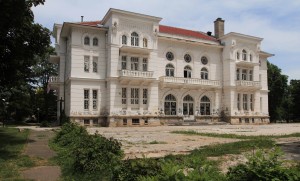
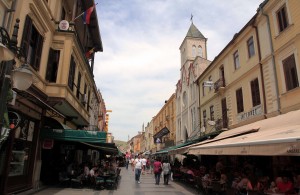
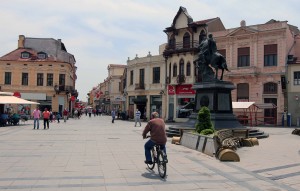
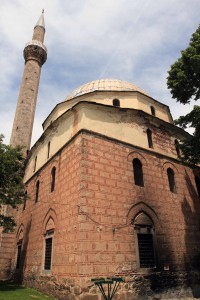
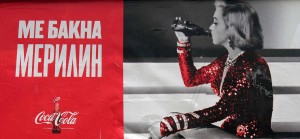
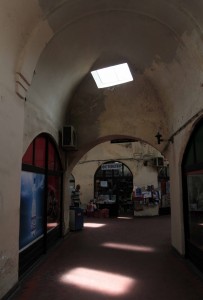
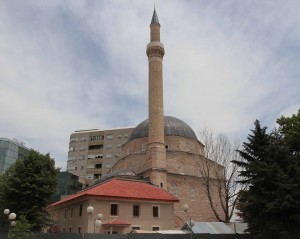
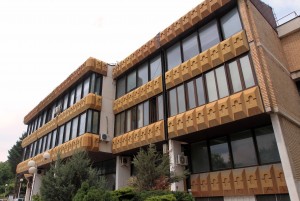
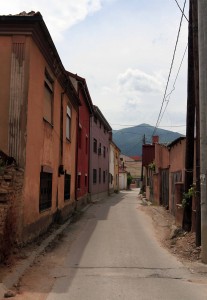
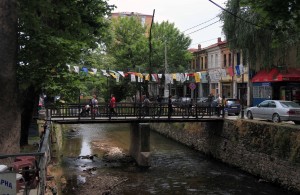
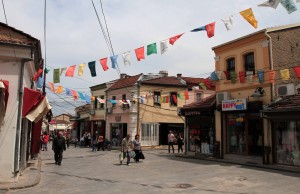
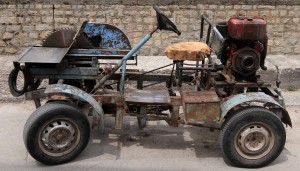
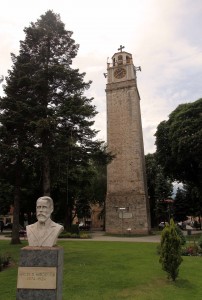
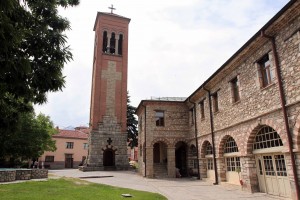
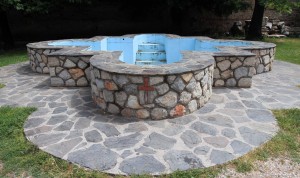
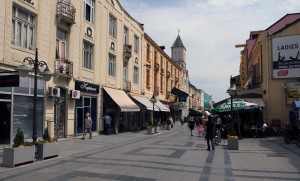
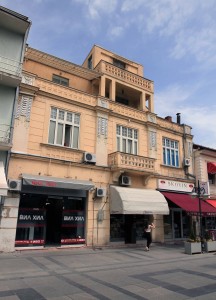
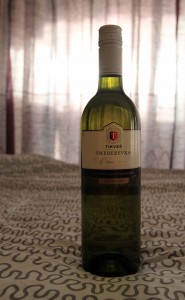
I woke up today at 07:15, showered, dressed, grabbed my stuff, and walked out to the Ohrid Bus Station. I then bought a ticket (as well as a return ticket) to Bitola. The bus departed at 08:15 and it took nearly two hours to reach the Bitola Bus Station, traveling through some mountainous terrain. Once at Bitola, I walked southward to Heraclea Lyncestis, an ancient Greek city that was founded by Philip II of Macedon in the middle of the fourth-century BC; albeit, the only ruins that remain date from the Roman and Early Christian Periods. Upon reaching the archaeological site, I bought my entrance ticket and soon after bought a photography ticket. I then walked around and explored the ancient theater (now heavily restored), the Episcopal residence, the small and great basilicas (with their mosaics), the thermae, the fountain, the walkway with ancient sewage system underneath, the fountain, and the small museum on site (which didn’t have many artifacts and had too many replica plaster statues and busts). Also, while I was at Heraclea Lyncestis, there was a group of school children running wild and trampling over the mosaics; honestly, I don’t know why schools bother taking their pupils on field trips like this; about 99% of children under the age of twenty-two are too stupid and uncivilized to get anything of value out of it and are more likely to deface and destroy the ancient artifacts being preserved there; it should be up to the parents to provide cultural experiences to their children and the schools should just stick to educating kids in the classroom. After visiting the site, I walked north, through the city park, to the center of Bitola. I first walked down the pedestrian promenade (“Shirok Sokak”) with its many examples of nineteenth-century AD architecture, past the Catholic Church (the “Holy Heart of Jesus”), and then continued on to Yeni Mosque (closed for renovation), which was next to Magnolia Square, where an equestrian statue of Philip II can be found. Next, I crossed the Dragor River and walked to Isak Mosque (also closed for renovation). Then I walked to the Covered Bazaar and explored the inside of the structure before moving on to the Deboj Hamam (also closed), which was most likely built in the seventeenth- or eighteenth-century AD. Next, I walked down “Filip II Makedonski” street for a while before coming to a roundabout; I then walked back and turned in to a neighborhood where I found the Haydar Kadi Mosque (also closed for renovation – where do all the local Muslims worship if these mosques are all closed?). Next, I walked to the Old Bazaar and wandered around its many intersecting streets, decorated with colorful “Welcome to Bitola” flags, which looked like Tibetan Buddhist prayer flags. Then, I walked back to the Clock Tower, which is next to Magnolia Square, before moving on to the Church of St. Demetrius, which was built in 1830 AD; I paid the entrance ticket and wandered around the inside of the church, looking at the iconostasis and its many frescoes; a couple depictions on the various frescoes and paintings worthy of note are the following: a depiction of the Last Judgement that shows Ottomans I’m basing this on their clothing) being rounded up and sentenced to Hell, and a depiction of a bearded Saint, hung upside down, legs spread, stripped of his clothes, and being sawed in half with a two-man saw (his groin was very bloodied) – this was most likely Simon the Zealot, but I cannot be sure since I can’t read the language. After visiting the inside of the church, I walked around the outside and looked at the Bell Tower and the Baptismal Font. At this point (around 14:00), I had seen everything I had wished to in this city and I had about two hours before the 16:00 bus back to Ohrid; so, I walked back down Shirok Sokak and found a nice looking restaurant; unfortunately, the menu was in Macedonian and I had to rely on pictures; to keep things simple, I ended up eating pizza again (same as yesterday); I ordered a “Hawaiian” pizza based on the picture, but did not realize that the pizza contained mussels (not a favorite pizza topping of mine) and no other toppings. Oh well. I ate my mussel pizza (served with tomato sauce to pour all over it), drank my water and beer, and relaxed. After 15:10, I paid my bill, walked through the city park, read some, and then walked to the bus station at 15:50. I was then forced to pay to reserve a seat on the bus despite there being plenty of space and the fact that others who get on the bus at various bus stops do not pay for reserved seats (I was later informed that sometimes the buses are full and reservations are a must, but it still seems like bullshit or complete stupidity to me since the bus does stop for passengers all along the route – I hate people). Anyway, I then entered on to the bus, found a seat, and rode it back to Ohrid. Once back at Ohrid (at 17:50), I walked to a nearby supermarket and bought water, iced tea, a lemon-flavored sports drink, chocolate, and wine. I then returned to the hostel, went through my photographs from yesterday and today, ate some cookies I bought yesterday, and drank water and the sports drink. I also typed out some journal entries whilst eating chocolate and drinking juice. Later on, the Virginian man made popcorn and shared it with the other awake guests (a Polish woman and – I believe – a French man; another, an Asian woman, was in her bed (the Frenchman and the Asian were now sharing the dorm room with me)). I continued to work on past journal entries and eventually opened my bottle of Macedonian dry white wine made from Smederevka grapes (the variety’s name is derived from the name of Serbian city, Smederevo, and the growing of this grape variety was probably started during the reign of Roman Emperor Marcus Aurelius Probus (276-282 AD) at the site called Mons Aureus on the right bank of river Danube near Smederevo); the wine tasted like lemons, apples, oranges, flowers, and summer grass. I eventually went to bed, and then to sleep, after 02:00.
